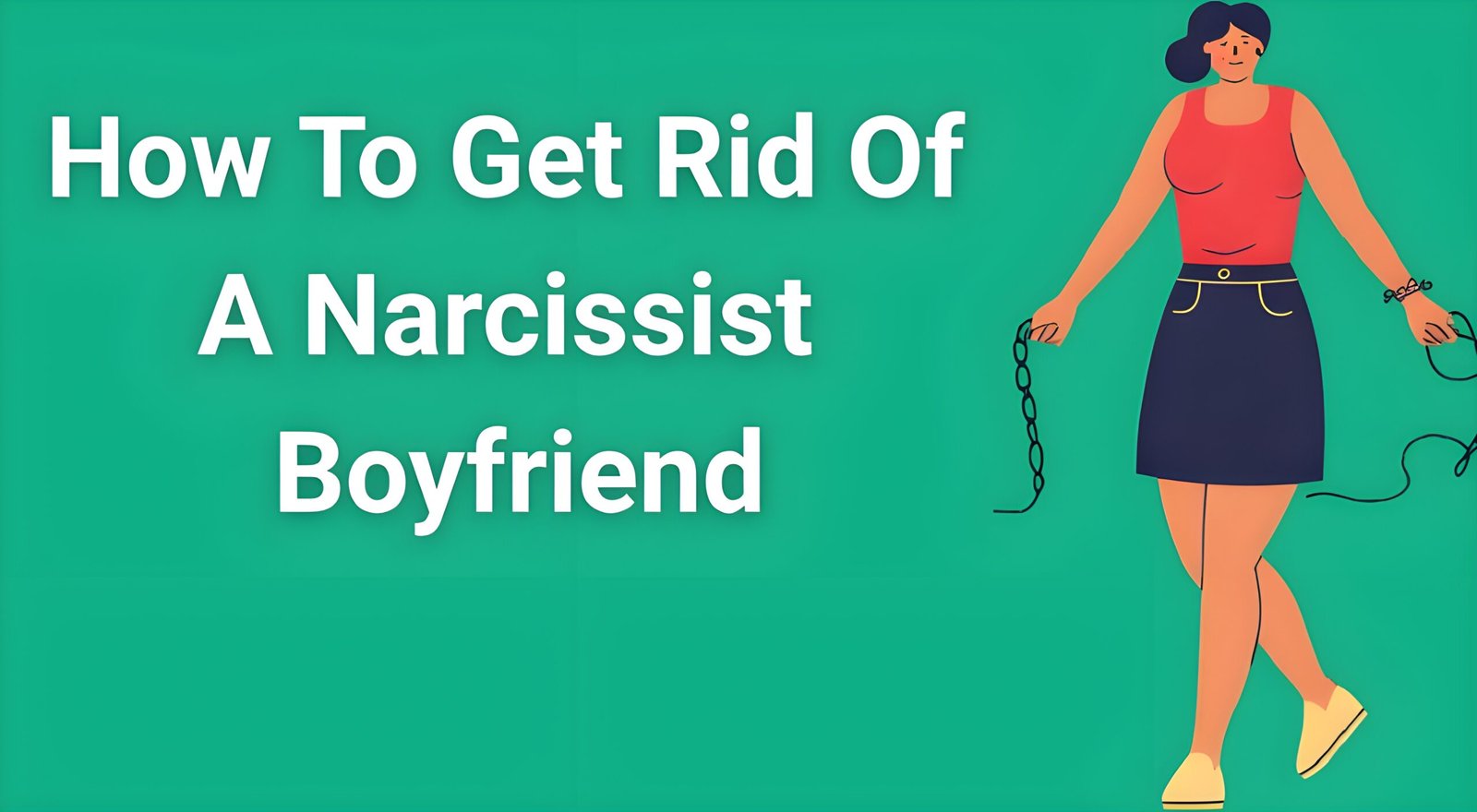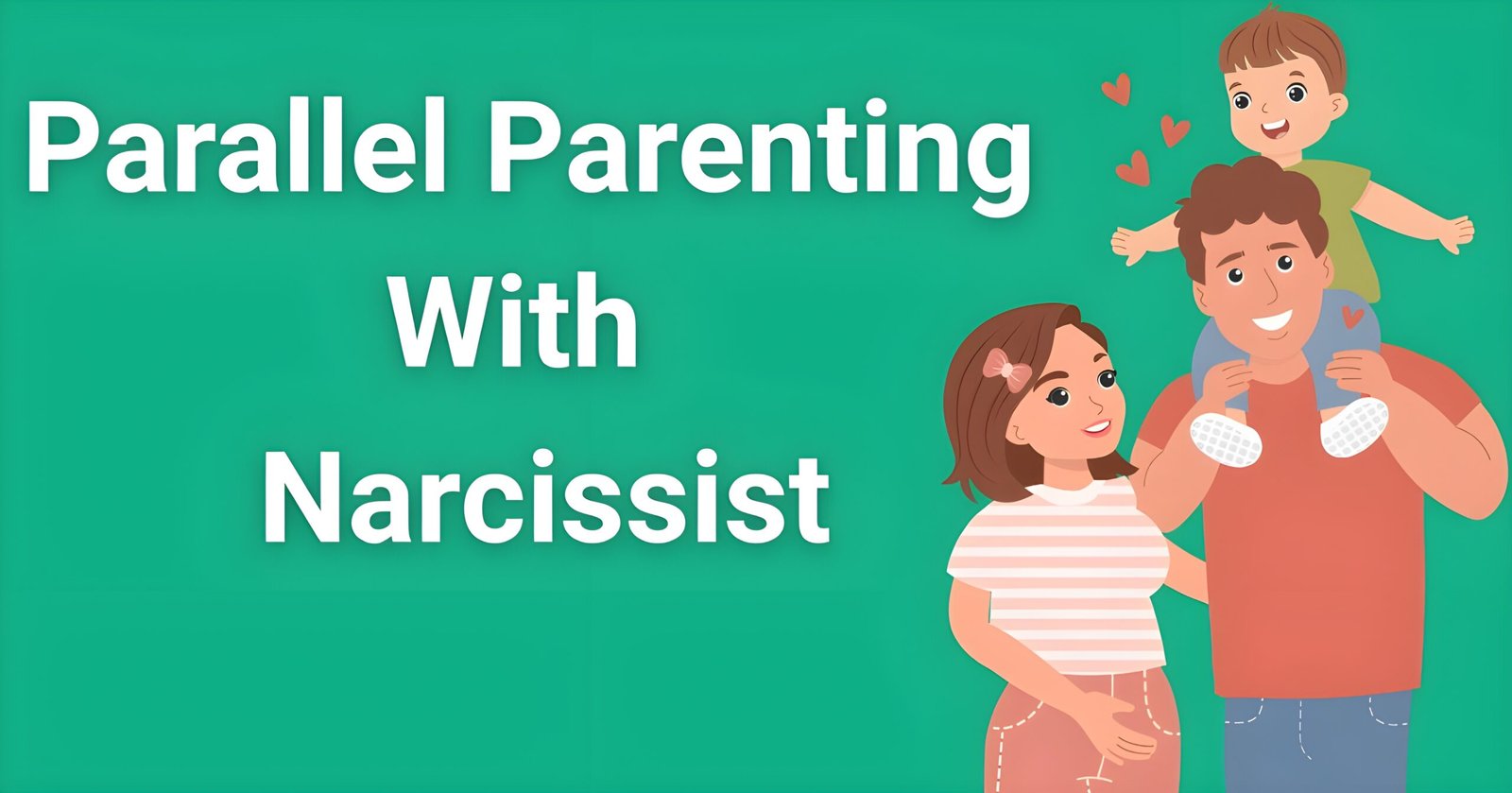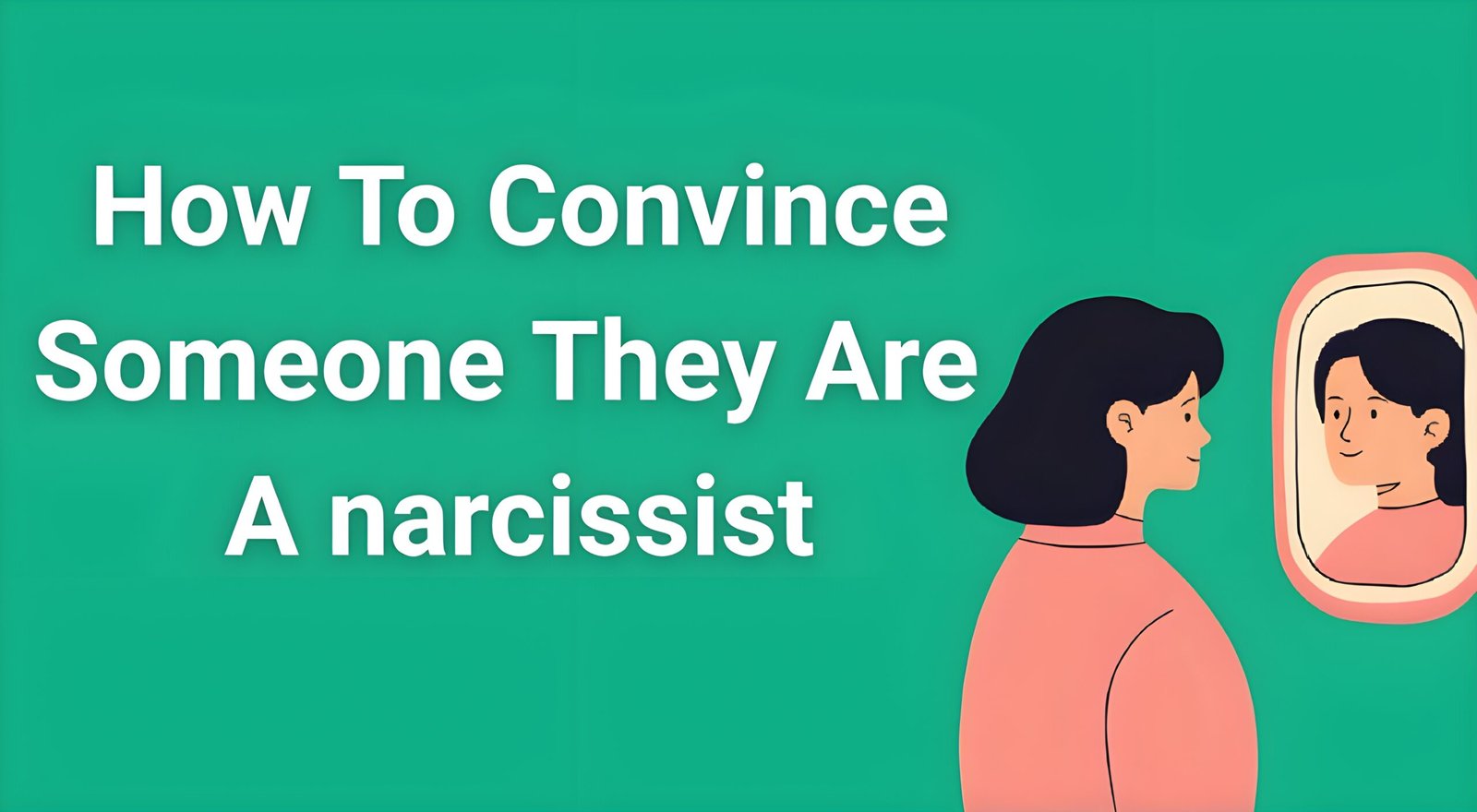If you’re wondering how to embarrass a narcissist who has been manipulating, gaslighting, or emotionally abusing you, you’re not alone. Thousands of survivors search for ways to regain their power and expose narcissistic behavior. The truth is, you don’t need to stoop to their level to effectively “embarrass” a narcissist – you can do it through strategic boundary-setting and authentic behavior that naturally reveals their true nature.
- Understanding Narcissistic Shame: The Foundation of Embarrassment
- 7 Proven Boundary Tactics to Embarrass a Narcissist Naturally
- The Psychology Behind Why These Tactics Work
- Warning Signs: When Embarrassing a Narcissist Becomes Dangerous
- Building Your Support Network While Setting Boundaries
- The Long-Term Benefits of Boundary-Setting
- Common Mistakes to Avoid When Implementing These Tactics
- Healing from Narcissistic Abuse While Setting Boundaries
- When Professional Help Is Essential
- Technology and Social Media Boundaries
- Helping Others Recognize Narcissistic Behavior
- Frequently Asked Questions About Embarrassing Narcissists
- Your Journey to Freedom and Empowerment
Understanding how to embarrass a narcissist isn’t about revenge (though that might feel tempting). It’s about reclaiming your power, protecting your mental health, and allowing their authentic behavior to speak for itself. When you set healthy boundaries and refuse to play their games, narcissists often embarrass themselves by revealing their manipulative tactics to others.
Understanding Narcissistic Shame: The Foundation of Embarrassment
Before exploring how to embarrass a narcissist effectively, it’s crucial to understand what actually triggers their shame. Narcissists operate from a place of profound insecurity masked by grandiose behavior. Their entire false self is built to protect against feelings of inadequacy, worthlessness, and shame.
The Narcissistic Shame-Rage Cycle
When a narcissist feels embarrassed or exposed, they typically respond with what psychologists call the “shame-rage spiral.” This cycle involves:
- Triggering Event: Something challenges their grandiose self-image
- Shame Response: Deep feelings of inadequacy surface
- Rage Reaction: Aggressive behavior to deflect and project shame
- Blame Projection: Making others responsible for their feelings
- Retaliation: Attempting to humiliate or punish the perceived threat
Understanding this cycle helps you recognize that when you successfully set boundaries with a narcissist, their explosive reactions actually indicate that your approach is working – they’re feeling exposed and vulnerable.
7 Proven Boundary Tactics to Embarrass a Narcissist Naturally
1. Master the Art of Strategic Silence
One of the most powerful ways to embarrass a narcissist is through strategic silence. Narcissists thrive on reaction – both positive and negative. When you stop providing the emotional responses they crave, they often escalate their behavior, inadvertently revealing their manipulative nature to others.
How to implement strategic silence:
- Don’t defend yourself against false accusations
- Avoid arguing or trying to prove your point
- Use the “gray rock” method during necessary interactions
- Let their words hang in the air without your validation
Why this embarrasses narcissists: Without your reaction, they lose control of the narrative and often look foolish continuing their tirade against someone who isn’t engaging.
2. Expose Gaslighting with Documentation
Gaslighting is a narcissist’s favorite tool, but it becomes powerless when you have documentation. By keeping records of their contradictory statements and behaviors, you can embarrass a narcissist by simply presenting facts when they try to rewrite history.
Documentation strategies:
- Save text messages and emails
- Keep a detailed journal of incidents
- Record conversations (where legally permitted)
- Screenshot social media posts before they can delete them
The embarrassment factor: When you can prove their lies with evidence, narcissists lose their ability to manipulate reality and often react with visible frustration or rage that exposes their true nature.
3. Set and Maintain Non-Negotiable Boundaries
Firm boundaries are kryptonite to narcissists. When you consistently enforce your limits, you force them to show their true colors to anyone watching. This natural exposure often embarrasses them more than any direct confrontation could.
Effective boundary-setting techniques:
- State your boundaries clearly and calmly
- Follow through with consequences every time
- Don’t explain or justify your boundaries repeatedly
- Remove yourself from situations where boundaries are violated
How this creates embarrassment: Narcissists often throw tantrums or become increasingly unreasonable when faced with firm boundaries, making their problematic behavior obvious to observers.
4. Use Their Own Words Against Them
Narcissists rarely remember their own contradictions and lies. By simply repeating back their exact words from previous conversations, you can create situations where they embarrass themselves by trying to explain away their inconsistencies.
Implementation approach:
- Quote them verbatim: “Last week you said…”
- Ask clarifying questions: “Help me understand how both things can be true”
- Remain calm and curious, not accusatory
- Let their struggle to explain speak for itself
The power of this tactic: When confronted with their own words, narcissists often become flustered and may lash out, revealing their inability to maintain consistent narratives.
5. Become Emotionally Independent
Nothing embarrasses a narcissist more than losing their ability to control your emotions. When you stop seeking their approval or validation, their manipulation tactics become obviously ineffective to everyone around.
Steps to emotional independence:
- Stop asking for their opinion on your decisions
- Don’t seek their approval or praise
- Develop your own support network outside their influence
- Practice self-validation techniques
- Focus on your own goals and happiness
Why this works: When you’re no longer emotionally dependent, their attempts to manipulate you appear desperate and controlling to others, naturally embarrassing them.
6. Respond to Manipulation with Calm Questions
Instead of getting defensive when a narcissist attempts to manipulate you, respond with calm, clarifying questions. This technique forces them to explain their unreasonable behavior, often making them look foolish in front of others.
Question examples:
- “Can you help me understand why you feel that way?”
- “What would you like me to do about that?”
- “How do you think that would work?”
- “What outcome are you hoping for?”
The embarrassment mechanism: When forced to explain their manipulative tactics, narcissists often realize how unreasonable they sound and may become visibly uncomfortable or angry.
7. Live Authentically and Successfully
Perhaps the most effective way to embarrass a narcissist is to live your life authentically and achieve genuine success and happiness. Your authentic success highlights the emptiness of their false persona and often triggers their deepest insecurities.
Authentic living strategies:
- Pursue your genuine interests and passions
- Build healthy relationships with trustworthy people
- Celebrate your achievements without their validation
- Share your authentic self with others
- Focus on personal growth and healing
How this creates natural embarrassment: Your genuine happiness and success exposes the shallow nature of their false image, often making others question the narcissist’s claims about you or your relationship.
The Psychology Behind Why These Tactics Work
Understanding the psychological mechanisms that make these boundary tactics effective helps you implement them more confidently. Narcissists rely on specific psychological dynamics to maintain control, and when you disrupt these patterns, they often expose themselves.
Narcissistic Supply and Its Disruption
Narcissists require constant validation, attention, and emotional reactions to maintain their false self-image. This psychological fuel is called “narcissistic supply.” When you cut off this supply through strategic boundaries, they often become increasingly desperate and obvious in their manipulation attempts.
The False Self vs. Authentic Self
Every narcissist operates from a “false self” – a carefully constructed image designed to hide their deep insecurities. When your authentic behavior contrasts sharply with their performance, it highlights the artificial nature of their persona to others.
Projection and Blame-Shifting
Narcissists unconsciously project their own negative traits onto others. When you remain calm and authentic in the face of their projections, the contrast makes their blame-shifting tactics obvious to observers.
Warning Signs: When Embarrassing a Narcissist Becomes Dangerous
While these boundary tactics are generally safe and healthy, it’s important to recognize when a narcissist’s embarrassment might escalate to dangerous behavior. Some warning signs include escalating threats or aggressive language, attempts to isolate you from support systems, stalking or monitoring your activities, financial manipulation or sabotage, and threats involving children or custody.
If you notice these signs, prioritize your safety over any desire to continue exposing their behavior. This is especially crucial if you’re in a situation where you cannot immediately leave the relationship due to financial constraints, shared children, legal complications, or other practical barriers. In these cases, you may need specialized strategies for protecting yourself while you’re still in proximity to the narcissist.
Building Your Support Network While Setting Boundaries
Successfully embarrassing a narcissist through healthy boundaries often requires a strong support system. Narcissists frequently attempt to isolate their victims, so rebuilding connections with trusted friends, family members, and professionals is crucial.
Professional Support Options
Consider working with:
- Therapists specializing in narcissistic abuse
- Support groups for abuse survivors
- Legal professionals if needed
- Financial advisors for economic independence
Creating Healthy Relationships
As you set boundaries with the narcissist in your life, focus on building relationships characterized by:
- Mutual respect and empathy
- Honest communication
- Healthy conflict resolution
- Genuine emotional support
- Respect for boundaries
The Long-Term Benefits of Boundary-Setting
When you consistently apply these tactics to embarrass a narcissist through boundary-setting, you’ll likely experience several positive changes:
Personal Empowerment
You’ll regain confidence in your own perceptions and decisions, breaking free from the confusion and self-doubt that narcissistic manipulation creates.
Improved Mental Health
Setting boundaries reduces anxiety, depression, and trauma symptoms commonly experienced by narcissistic abuse survivors.
Better Relationships
Learning to set healthy boundaries with narcissists improves your ability to maintain boundaries in all relationships.
Authentic Self-Expression
As you stop managing the narcissist’s emotions and reactions, you’ll have more energy to focus on your own authentic goals and interests.
Common Mistakes to Avoid When Implementing These Tactics
While learning how to embarrass a narcissist through boundaries, avoid these common pitfalls:
Don’t Seek Revenge
The goal isn’t to hurt the narcissist but to protect yourself and allow their behavior to speak for itself. Revenge-seeking often backfires and can escalate dangerous situations.
Avoid Over-Explaining
Narcissists don’t need lengthy explanations of your boundaries. Clear, simple statements are more effective and harder to manipulate.
Don’t Expect Immediate Change
Narcissists rarely change their behavior quickly. Focus on protecting yourself rather than hoping they’ll suddenly become reasonable.
Resist the Urge to JADE
Don’t Justify, Argue, Defend, or Explain your boundaries beyond initial clarity. This gives narcissists ammunition for manipulation.
Healing from Narcissistic Abuse While Setting Boundaries
The process of learning how to embarrass a narcissist through healthy boundaries is often part of a larger healing journey. Many survivors find that as they set boundaries, they uncover layers of trauma that need attention.
Understanding Trauma Bonding
If you find it difficult to maintain boundaries with a narcissist, you might be experiencing trauma bonding – a psychological attachment that forms through cycles of abuse and intermittent reinforcement. This neurological addiction can make leaving or setting boundaries feel impossible, even when you logically know it’s necessary.
Trauma bonding creates powerful emotional connections that override rational thinking, making you feel like you need the person who’s hurting you. Understanding this phenomenon is crucial for successful boundary-setting. If you’re struggling with obsessive thoughts about the narcissist, checking their social media compulsively, or finding yourself going back despite promising you wouldn’t, you’re likely dealing with trauma bonding that requires specialized approaches to break free.
Breaking the Cycle of Confusion
Gaslighting and other manipulation tactics create profound confusion about reality. Many survivors find themselves constantly questioning their own memories and perceptions, wondering if they’re “crazy” or “too sensitive.” This confusion is intentional – it’s designed to keep you off-balance and dependent on the narcissist’s version of reality.
As you implement boundary tactics, you may experience doubt about your perceptions, guilt about setting limits, fear of the narcissist’s reactions, and confusion about what’s “normal” in relationships. These feelings are normal parts of the healing process. If you’re struggling with persistent confusion about whether what you experienced was actually abuse, getting an expert analysis of your specific situation can provide the clarity and validation you need to move forward confidently with your boundary-setting efforts.
When Professional Help Is Essential
While boundary-setting tactics can be incredibly effective, some situations require professional intervention. Consider seeking specialized help if:
- You’re dealing with severe psychological manipulation
- The narcissist has made threats of violence
- You’re co-parenting with a narcissistic ex-partner
- You’re experiencing symptoms of complex PTSD
- You’re struggling with addiction or self-harm
- You need legal guidance for divorce or custody issues
Specialized professionals understand the unique challenges of narcissistic abuse and can provide targeted strategies for your specific situation.
Technology and Social Media Boundaries
In today’s digital world, learning how to embarrass a narcissist often includes managing online interactions. Narcissists frequently use social media and technology for manipulation, monitoring, and harassment.
Digital Boundary Strategies
- Block or restrict access to your social media profiles
- Use privacy settings to control who sees your content
- Document online harassment with screenshots
- Consider changing passwords and security questions
- Be cautious about location sharing and check-ins
The Power of Digital Silence
Just as strategic silence works in person, digital silence can be equally powerful. When you stop responding to their online provocations, narcissists often escalate their digital behavior, making their harassment obvious to mutual friends and family.
Helping Others Recognize Narcissistic Behavior
As you successfully set boundaries and naturally expose narcissistic behavior, you may find that others begin to see through the narcissist’s facade. However, be cautious about actively trying to convince others – let the narcissist’s behavior speak for itself.
Supporting Other Survivors
If you discover others who are also dealing with the same narcissist, you can offer support by:
- Sharing your experiences without trying to convince them
- Providing resources for narcissistic abuse education
- Being a consistent, trustworthy presence
- Respecting their timeline for recognition and action
Remember that everyone’s journey to understanding narcissistic abuse is different, and pushing too hard can sometimes backfire.
Frequently Asked Questions About Embarrassing Narcissists
Q: Will these tactics make the narcissist change their behavior?
A: These tactics are designed to protect you and expose their behavior naturally, not to change them. Narcissistic personality patterns are deeply ingrained and rarely change without intensive professional intervention, which most narcissists resist.
Q: Is it wrong to want to embarrass someone who has hurt me?
A: Wanting to feel empowered after abuse is natural. The key is channeling those feelings into healthy boundary-setting rather than revenge-seeking behaviors that could escalate danger or harm your own healing.
Q: How long does it take to see results with these boundary tactics?
A: You may notice immediate changes in your own emotional state, while the narcissist’s reactions may escalate initially before becoming more predictable. Focus on your own healing timeline rather than expecting specific responses from them.
Q: What if the narcissist recruits others to pressure me into dropping my boundaries?
A: This is called “flying monkeys” – people manipulated into pressuring you on the narcissist’s behalf. Maintain your boundaries with them too, and consider that anyone easily manipulated into pressuring an abuse survivor may not be a healthy relationship for you.
Q: Can these tactics work with narcissistic family members?
A: Yes, though family dynamics can be more complex due to shared history and ongoing relationships with other family members. You may need modified approaches and additional support for family situations.
Q: How do I know if my boundary-setting is working?
A: Signs include: feeling more confident in your decisions, experiencing less anxiety around the narcissist, noticing others beginning to see their behavior, and feeling more emotionally independent.
Your Journey to Freedom and Empowerment
Learning how to embarrass a narcissist through healthy boundary-setting is really about reclaiming your power and protecting your well-being. It’s about refusing to participate in their drama while living authentically and setting an example of healthy behavior.
Remember that the most powerful way to “embarrass” a narcissist is simply to be yourself – authentic, boundaried, and unwilling to engage in their manipulative games. When you stop providing the reactions they seek, stop defending yourself against their projections, and start living according to your own values, their behavior becomes obviously problematic to anyone paying attention.
The journey from victim to survivor to thriver isn’t always linear, and setbacks are normal. Be patient with yourself as you learn to implement these tactics and build the life you deserve – one free from manipulation, gaslighting, and emotional abuse.
Your healing matters. Your boundaries matter. And your authentic, empowered life is the best response to anyone who has tried to diminish your worth.
If you’re ready to take the next step in your healing journey, remember that you don’t have to navigate this alone. With the right support, strategies, and understanding of narcissistic behavior patterns, you can build the strong, healthy boundaries that will protect your peace and allow you to thrive.






